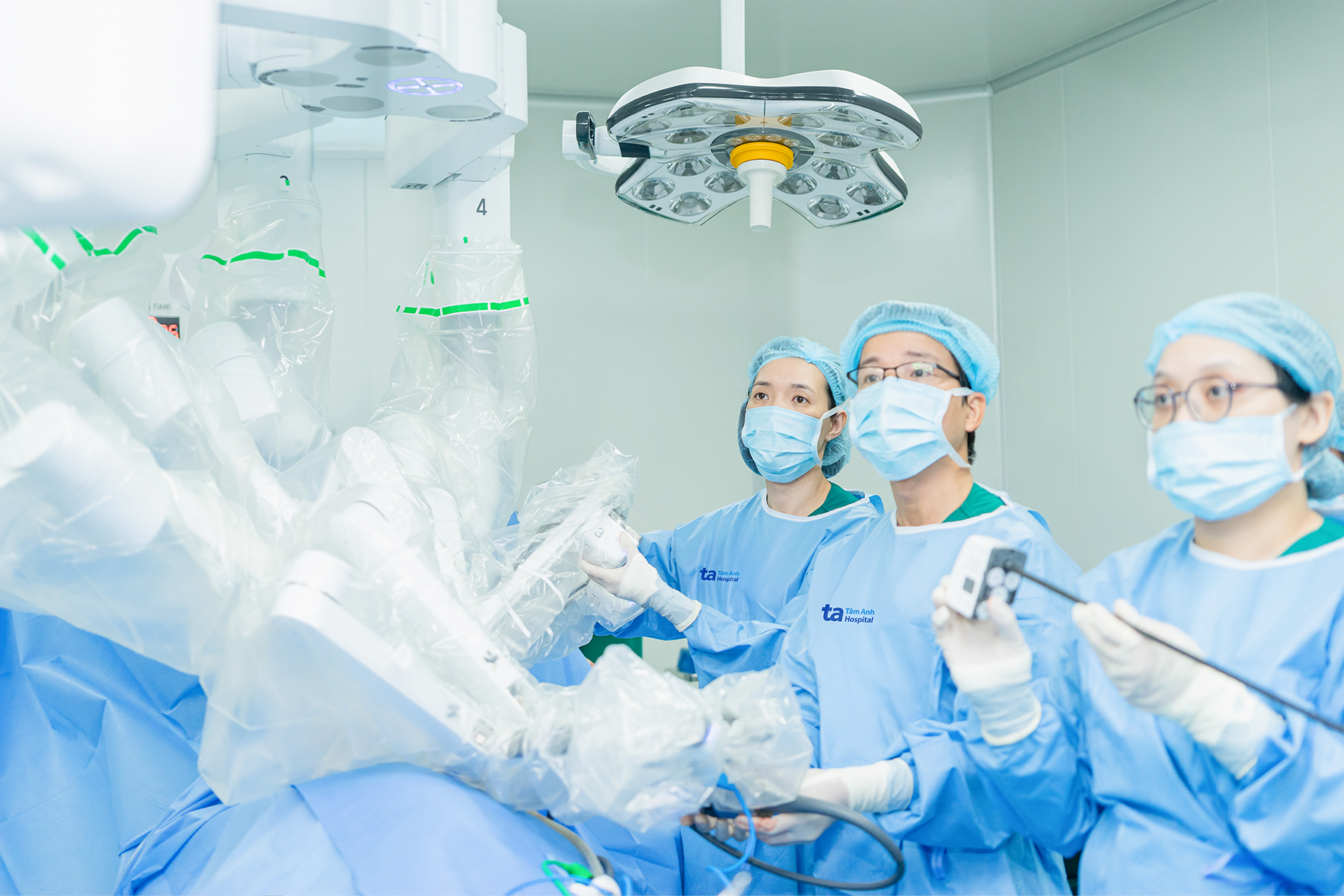Answer:
Pelvic organ prolapse occurs when one or more pelvic organs (such as the uterus, bladder, or rectum) descend, potentially into the vagina or even outside the vulva. This condition is relatively common in women, especially after childbirth or in older women, due to weakened pelvic muscles and ligaments. This weakness increases abdominal pressure, causing urinary incontinence and painful intercourse.
While you've experienced prolapse for 15 years, the specific type and severity aren't clear. A consultation with a urogynecologist at a hospital with a specialized unit is recommended for a proper assessment and treatment plan. Pelvic organ prolapse can be treated non-surgically with medication and Kegel exercises to strengthen the pelvic floor. In severe cases, surgery (open, laparoscopic, or robotic-assisted) is necessary to reposition the pelvic organs. Robotic surgery for prolapse offers several advantages over traditional methods.
The robot transmits 3D images magnified 15 times, providing surgeons with an unobstructed view of the surgical field and facilitating movement in deep, narrow pelvic areas. With four robotic arms, surgeons can manipulate tissue, suture, and secure the pelvic floor support mesh with greater precision. The smaller incisions result in less pain, reduced blood loss, and a faster recovery with a shorter hospital stay compared to traditional surgery.
 |
Doctor Le Phuc Lien (left) and the surgical team performing Da Vinci Xi robotic surgery. Photo illustration: Tam Anh General Hospital |
Doctor Le Phuc Lien (left) and the surgical team performing Da Vinci Xi robotic surgery. Photo illustration: Tam Anh General Hospital
Tam Anh General Hospital in TP HCM now uses the Da Vinci Xi robot for urological procedures, including kidney cancer, bladder cancer, prostate cancer in men, and pelvic organ prolapse in women. Patients can access this advanced treatment domestically at a reasonable cost.
Doctor Le Phuc Lien
Urogynecology Unit
Center for Urology - Nephrology - Andrology
Tam Anh General Hospital TP HCM
| Readers can submit questions about kidney and urological diseases here for doctor's answers. |












